Tras el cierre de escuelas por la covid-19, África debe reformar la educación para paliar los atrasos en el aprendizaje que lastrarán a la próxima generación. Hay soluciones, según esta nueva investigación.
La pandemia de covid-19 ha provocado una conmoción histórica en la educación al haber cerrado las escuelas de más de 1.600 millones de niños en el mundo. Esta sacudida empeorará una crisis educativa que ya existía de antes y en la que muchos estudiantes aprendían ya muy poco en la escuela. El Banco Mundial prevé que el porcentaje de niños analfabetos a los 10 años podría ascender del 53% (número anterior a la pandemia) al 63% debido al cierre de centros educativos.
Estos déficits en la enseñanza podrían derivarse de una combinación de elementos: el olvido de lo estudiado anteriormente y la falta de lo que se habría aprendido si las escuelas no hubiesen cerrado. Tales pérdidas se pueden acumular en el largo plazo. Los alumnos que se reincorporan a los colegios, muy atrasados con respecto a las previsiones de los planes de estudio, pueden estar demasiado rezagados para aprender de la enseñanza diaria, por lo que se quedarían aún más atrás.
Este nuevo estudio, que publicamos en International Journal of Educational Development, analiza cuánto aprendizaje puede perderse en Etiopía, Kenia, Liberia, Tanzania y Uganda como consecuencia del cierre en la pandemia. Utilizamos datos de las evaluaciones de lectura de los primeros cursos en estos cinco países. Nuestro modelo indica que podría haber hasta un año de atraso en el aprendizaje a corto plazo. Nuestros cálculos advierten de que estos déficits se distribuirán de manera desigual y quienes se quedarán más atrás serán los estudiantes que empezaron con niveles de aprendizaje más bajos.
Según nuestros cálculos, estos déficits en el aprendizaje a corto plazo podrían acumularse en 2,8 años de déficit en el largo plazo. Así sucede si el plan de estudios –a menudo este es demasiado ambicioso y no se corresponde con los niveles de aprendizaje de los estudiantes– no se ajusta para permitir que los estudiantes alcancen el nivel que se les exige.
Oportunidad histórica para la reforma
Pero ese no tiene por qué ser el resultado final. Aunque la covid-19 ha frenado el aprendizaje, es posible una reforma audaz y la pandemia brinda una oportunidad histórica para renovar los sistemas educativos. Podría ser el momento de instaurar prácticas y políticas que ya eran necesarias para abordar la crisis educativa subyacente desde hace décadas.
En la revisión de los trabajos existentes se identifican dos estrategias para mitigar las pérdidas en el aprendizaje y mejorarlo incluso más allá de los niveles previos a la covid-19. Esta revisión se fundamenta en una creciente base de intervenciones que han funcionado a escala en países de ingresos bajos y medios para mejorar la alfabetización y las aptitudes básicas de aritmética.
La primera estrategia consiste en adaptar la enseñanza al nivel de aprendizaje del alumno. Esto se puede conseguir a un bajo coste mediante una prueba de conocimiento del niño durante el proceso de formación –lo que se conoce como evaluación formativa– y una variedad de actividades ajustadas al nivel de cada alumno. Esta estrategia tiene más potencial que una enseñanza prescriptiva basada en un único plan de estudios.
Podría ser el momento de instaurar prácticas y políticas que han sido necesarias para abordar la crisis educativa subyacente desde hace décadas en África
La segunda estrategia consiste en introducir programas estructurados de pedagogía que combinen planes de clases estructuradas, formación del profesorado y apoyo escolar. En la situación actual, muchos profesores suelen verse obligados a arreglárselas solos y redactar sus propios planes diarios de clases. Si se proporciona un apoyo estructurado y continuo, pueden conseguirse grandes avances en el aprendizaje.
En estudios anteriores se ha comprobado que ambas propuestas mejoran el aprendizaje en tres años de escolarización de alta calidad por un coste de 100 dólares. Estos avances son casi equivalentes a la brecha educativa en el sistema por niveles entre Zambia, uno de los países con menor rendimiento del África subsahariana, y Kenia, uno de los de mayor rendimiento.
El modelo indica que la corrección a corto plazo mediante estas estrategias puede paliar considerablemente los atrasos en el aprendizaje. Y lo que es más sorprendente, las ambiciosas reformas vinculadas a estas estrategias –como la adaptación en el largo plazo de la enseñanza a los niveles de los alumnos– no solo pueden aplacar todos los déficits formativos, sino que también mejoran los niveles de aprendizaje previos a la covid-19.
Países que ya han empezado
En el estudio exponemos algunos ejemplos de países que están empezando a implementar estas reformas, como Botsuana y Madagascar. En la segunda región más grande de Botsuana, el noreste, el director del Ministerio de Educación Básica solicitó a todas las escuelas que realizaran una evaluación formativa y aplicaran la enseñanza específica de manera inmediata. Y así se hizo cuando reabrieron las escuelas en junio de 2020 tras la primera ola de cierres a causa de la covid-19.
La región actualizó las funciones y las responsabilidades del personal educativo para regularizar esta reforma. Se celebraron sesiones formativas con el apoyo de la ONG que dirijo, una de las mayores dedicadas a la juventud del país, Young 1ove, en colaboración con USAID y Unicef. El Ministerio esperaba que se informara con frecuencia de los progresos realizados y el director regional visitó directamente las escuelas para supervisar la implementación. Aunque aún no se disponen de pruebas causales, los primeros datos indican que los niveles de aprendizaje están mejorando más rápido que en otras regiones.
Hay iniciativas de reforma esperanzadoras en el continente africano, pero muy pocos países han dado pasos hasta la fecha
Madagascar constituye otro ejemplo. El Gobierno ha reforzado el programa nacional para la recuperación, llamado CRAN, que antes de la pandemia había estado proporcionando un periodo de aprendizaje intensivo de dos meses a los niños en función de su nivel. A finales de 2018, CRAN se había implementado con el apoyo de Unicef en siete de las 22 regiones de Madagascar. A finales de 2020 y en respuesta al cierre de escuelas por la covid-19 se aceleró esta implementación. Aunque el Gobierno y Unicef están en las primeras etapas del proyecto, este demuestra cómo los Gobiernos pueden reforzar los programas actuales para cambiar las prácticas de docencia y aprendizaje.
Estas iniciativas de reforma son esperanzadoras, pero muy pocos países han dado pasos hasta la fecha. Si no se toman medidas urgentes, los atrasos en el aprendizaje a corto plazo podrían atrofiar a la próxima generación de estudiantes de por vida, lo que conllevaría posibles consecuencias intergeneracionales. La covid-19 presenta la necesidad de actuar con urgencia y brinda una oportunidad para concebir soluciones diferentes. Tal vez algunos sistemas educativos se reformen para alcanzar el tan ansiado objetivo de una educación para todos.
Noam Angrist es el director de Young 1ove, ONG que apoya al Gobierno de Botsuana para promulgar las reformas educativas mencionadas en este texto.
Fuente: https://elpais.com/planeta-futuro/2021-08-04/el-reto-africano-de-recuperar-las-clases-perdidas.html#:~:text=Tras%20el%20cierre%20de%20escuelas,lastrar%C3%A1n%20a%20la%20pr%C3%B3xima%20generaci%C3%B3n.&text=La%20pandemia%20de%20covid%2D19,de%20ni%C3%B1os%20en%20el%20mundo.

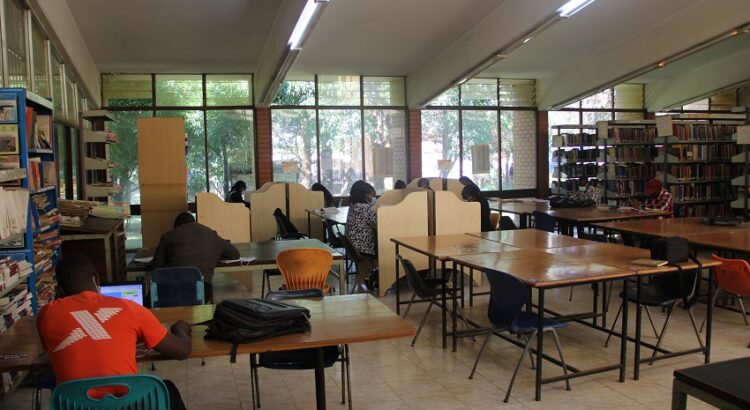
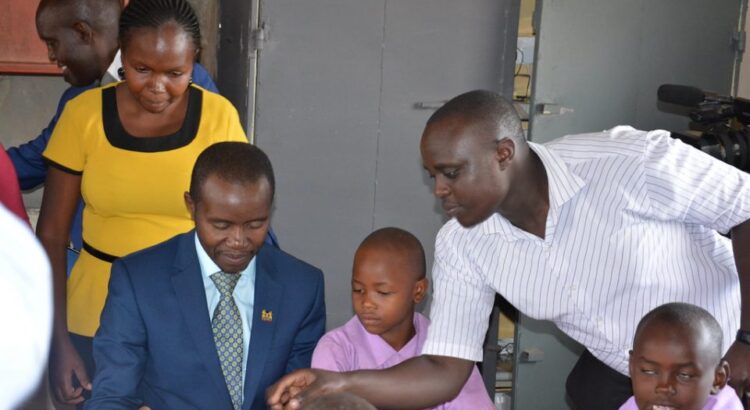
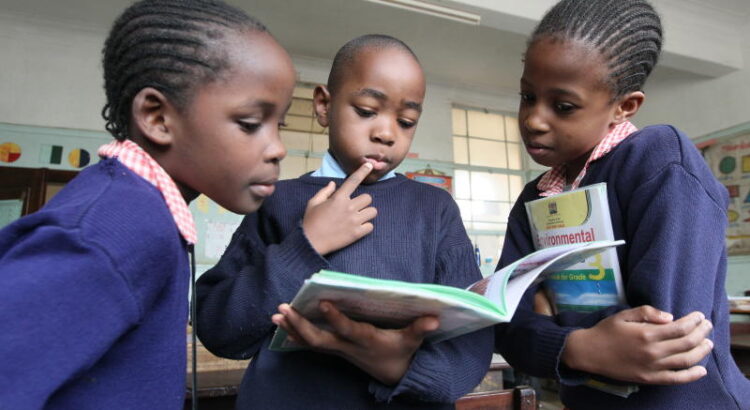
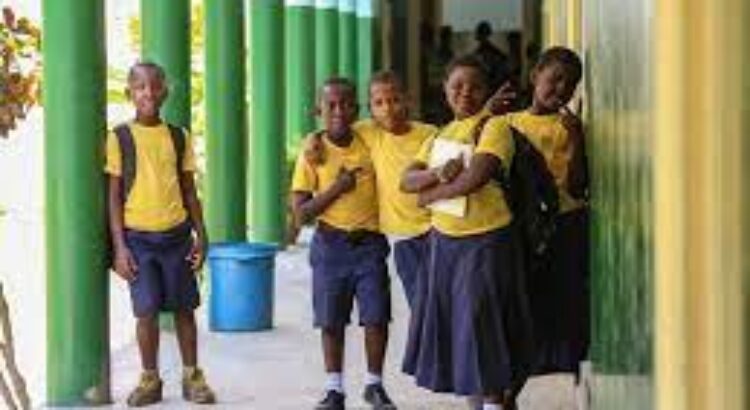
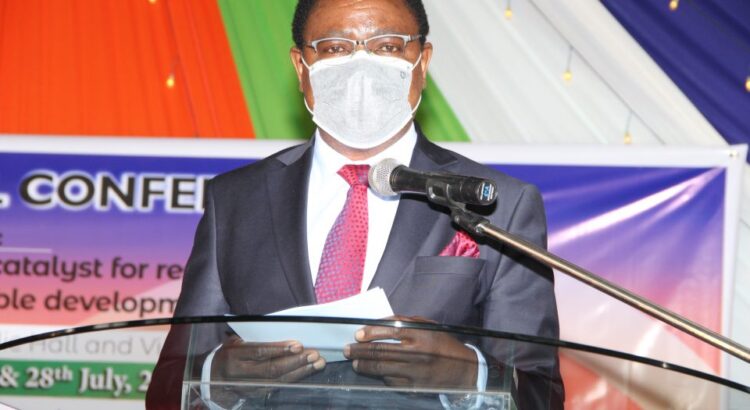

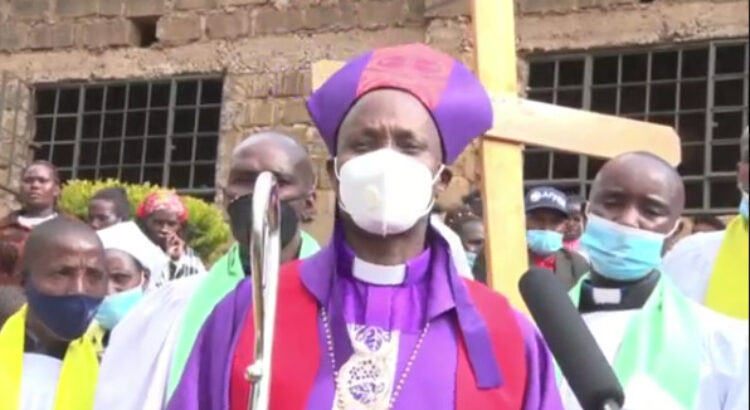
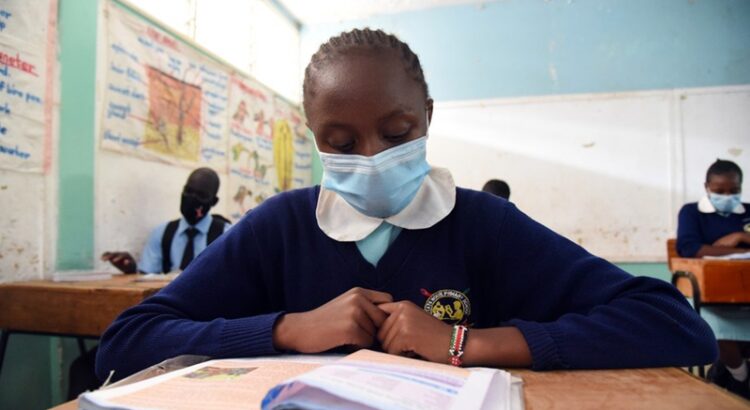





 Users Today : 50
Users Today : 50 Total Users : 35460353
Total Users : 35460353 Views Today : 71
Views Today : 71 Total views : 3419099
Total views : 3419099